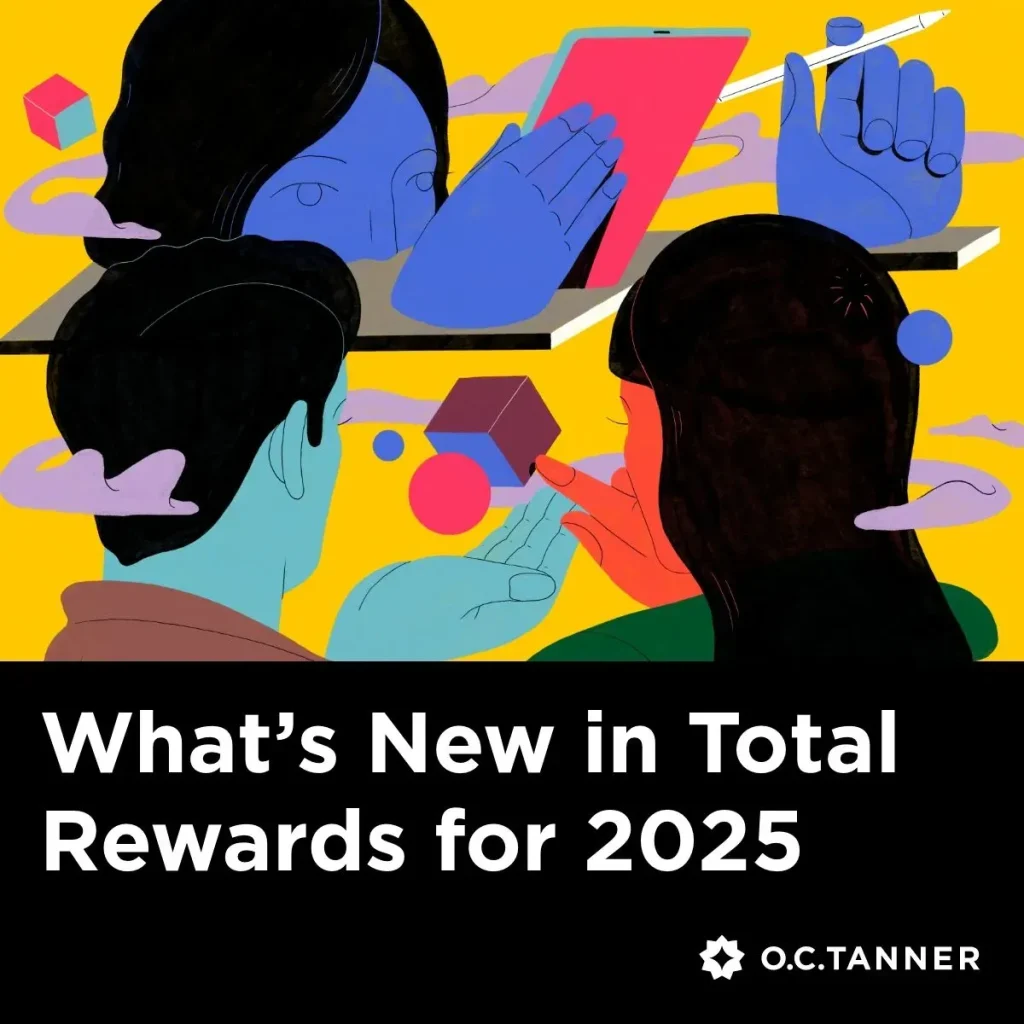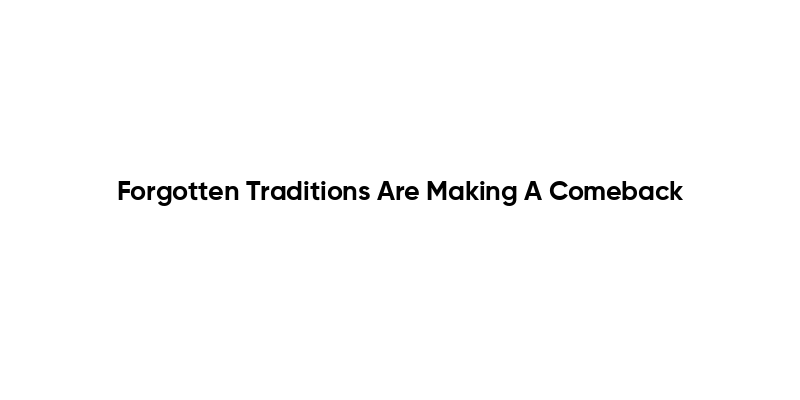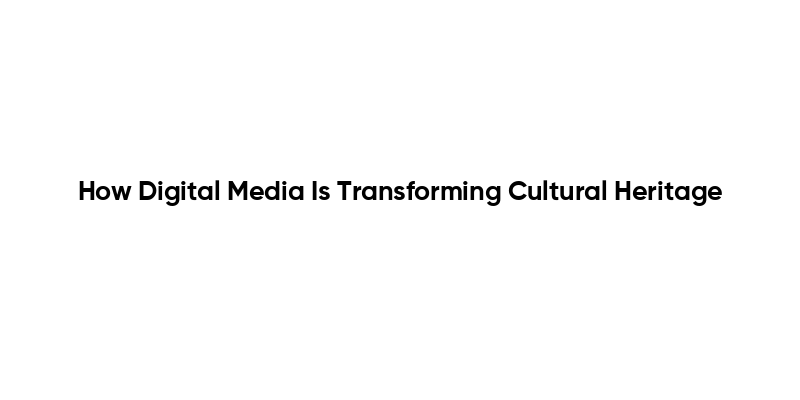Culture Trends 2025 is reshaping how organizations think about people, teams, and values, signaling that culture now underpins strategy. In a fast-moving economy, culture is not a soft add-on but a strategic asset that drives retention, productivity, and customer experience, redefining the business culture in 2025. This article highlights 12 trends and provides practical paths to adopt them with authenticity and sustainability. Expect shifts around leadership, work models, inclusion, learning, and the ethical use of technology, from remote work culture to AI in corporate culture and a focus on diversity and inclusion in business. By embracing Culture Trends 2025, organizations can build a resilient, people-centered culture that supports performance while staying true to core values.
Viewed through an alternative lens, these shifts describe an evolving organizational climate where leadership, collaboration, and values steer performance. What matters now is the employee experience—how learning, inclusion, and recognition shape daily work across hybrid and global teams. This perspective also emphasizes the role of digital tools, continuous skills development, and ethical technology use in forming a resilient workplace ethos. Key ideas include inclusive governance, transparent communication, and AI-enabled processes that augment people, not replace them. Together, these terms map to a coherent narrative about the coming era of work and why culture remains a strategic differentiator.
Culture Trends 2025: Values-Led Leadership and Purpose as the Core of the Modern Business Culture
In 2025, leaders who model the values they want to see across the organization are turning culture from a soft asset into a strategic driver of retention and performance. When decisions are grounded in purpose and ethics, trust grows among teams, customers, and partners, reinforcing a cohesive business culture in 2025. This emphasis on values-led leadership aligns with broader Culture Trends 2025 and sets the foundation for inclusion, learning, and ethical use of technology as core capabilities.
As organizations evolve, transparent, accountable leadership combined with continuous learning creates an authentic culture that people want to join and stay in. By embedding inclusion metrics into decision-making and recognizing behavior that reflects core values, companies strengthen their brand, boost engagement, and sustain performance. This descriptive, value-driven approach helps ensure that business culture remains resilient amid change and remains aligned with the workforce’s expectations in a rapidly shifting landscape.
Hybrid Work, Wellbeing, and AI: Shaping a Resilient Business Culture in 2025
The shift toward hybrid and flexible work reshapes how teams collaborate, with culture growing from everyday interactions, rituals, and inclusive practices that bridge in-person and remote experiences. A deliberate emphasis on psychological safety and wellbeing supports faster learning, better problem-solving, and higher engagement, while cultivating a strong remote work culture. In this context, culture becomes a differentiator that sustains belonging and performance across distributed teams, reinforcing the overall business culture in 2025.
AI in corporate culture is not about replacing people but augmenting capabilities and freeing bandwidth for strategic work. Establishing clear governance, ethical guidelines, and ongoing training helps employees navigate new workflows and data-driven decision making. When AI is integrated with a commitment to diversity and inclusion in business and accompanied by transparent communication, it fuels trust, accelerates innovation, and sustains a humane, effective culture aligned with organizational values.
Frequently Asked Questions
What is Culture Trends 2025 and how does it reshape the business culture in 2025?
Culture Trends 2025 describes 12 shifts shaping how organizations attract, develop, and engage people, turning culture into a strategic asset. Key themes include values-led leadership, hybrid work, wellbeing and psychological safety, continuous learning, transparent communication, and ethical use of AI. By adopting Culture Trends 2025, companies can improve retention, productivity, and customer experience. Implementation should center on authentic alignment with core values, ethical technology use, and practical changes in leadership behavior and daily rituals. Leaders model the desired behavior, measure progress with inclusion and wellbeing metrics, and preserve human connection as technology evolves.
How can organizations apply Culture Trends 2025 to improve remote work culture and diversity and inclusion in business?
To apply Culture Trends 2025 for remote work culture and diversity and inclusion in business, start with rituals and practices that support hybrid teams – regular alignment, asynchronous updates, and inclusive brainstorming that involve diverse voices. Invest in learning, coaching, and psychological safety to enable continuous reskilling and open dialogue across global teams. Establish governance for AI and technology use with data privacy protections and ethical guidelines that strengthen trust in the culture. Target diversity and inclusion in business by embedding metrics, pathways, and opportunities that elevate underrepresented voices in leadership and product design. Finally, measure progress through inclusion metrics, employee experience data, and stakeholder feedback to ensure Culture Trends 2025 translates into a stronger employer brand and better performance.
| Trend | Focus | Why it matters |
|---|---|---|
| Trend 1: Values led leadership and purpose. | Leaders model values, behavior, ethics; decisions grounded in purpose; transparency and accountability. | Fosters trust and anchors decisions in ethics; makes culture a strategic asset. |
| Trend 2: Hybrid and flexible work shaping culture. | Hybrid work rituals; everyday interactions; belonging. | Sustains cohesion and a positive remote/in-person culture. |
| Trend 3: Employee wellbeing and psychological safety. | Wellbeing includes mental health, burnout prevention, and psychological safety. | Boosts innovation, better decisions, and collaboration; intersects with DEI. |
| Trend 4: Diversity and inclusion as a business strategy. | Inclusion metrics; equitable advancement; diverse voices shape design. | Strengthens culture and broadens the talent pool. |
| Trend 5: Continuous learning and reskilling culture. | Learning platforms; on-the-job coaching; microlearning. | Keeps the organization agile and competitive through skill updates. |
| Trend 6: Transparent communication and trust. | Clear expectations; open channels; regular progress reports. | Reduces rumor, speeds decisions, and strengthens the trusted brand. |
| Trend 7: Employee experience and digital tools. | Onboarding to alumni, with digital tools and human touch. | Delivers a seamless experience and higher retention. |
| Trend 8: AI and technology integration in culture. | AI augments work, new workflows, governance, and training. | Supports data-driven decisions while emphasizing ethical use of technology. |
| Trend 9: Global collaboration and cultural intelligence. | Cross-cultural training; adaptive project management; time-zone aware scheduling. | Unites diverse teams and delivers consistent customer experiences. |
| Trend 10: ESG and social responsibility integrated into culture. | Sustainability goals; ethical sourcing; community engagement. | Strengthens brand trust and differentiates in competitive markets. |
| Trend 11: Internal mobility and talent ecosystems. | Lateral and upward moves based on skills; mentorship; internal opportunities. | Keeps culture vibrant and reduces turnover while aligning with business needs. |
| Trend 12: Employer branding and culture as a competitive advantage. | Culture-driven employer brand; authentic values; inclusive narratives. | Differentiates the company and attracts talent and customers alike. |
Summary
Culture Trends 2025 offers a practical roadmap for organizations seeking to evolve their business culture without losing sight of core values. By embracing the twelve shifts—values-led leadership, hybrid work, wellbeing, inclusion, continuous learning, transparent communication, enriched employee experience, responsible use of AI, global collaboration, ESG integration, internal mobility, and strong employer branding—companies can build a resilient culture that supports performance, retention, and better customer experiences. Rather than chasing trends, sustainable adoption of these practices aligns culture with strategy and people. A culture that aligns with Culture Trends 2025 will nurture engaged employees, satisfy customers, and sustain growth in a changing business landscape.



